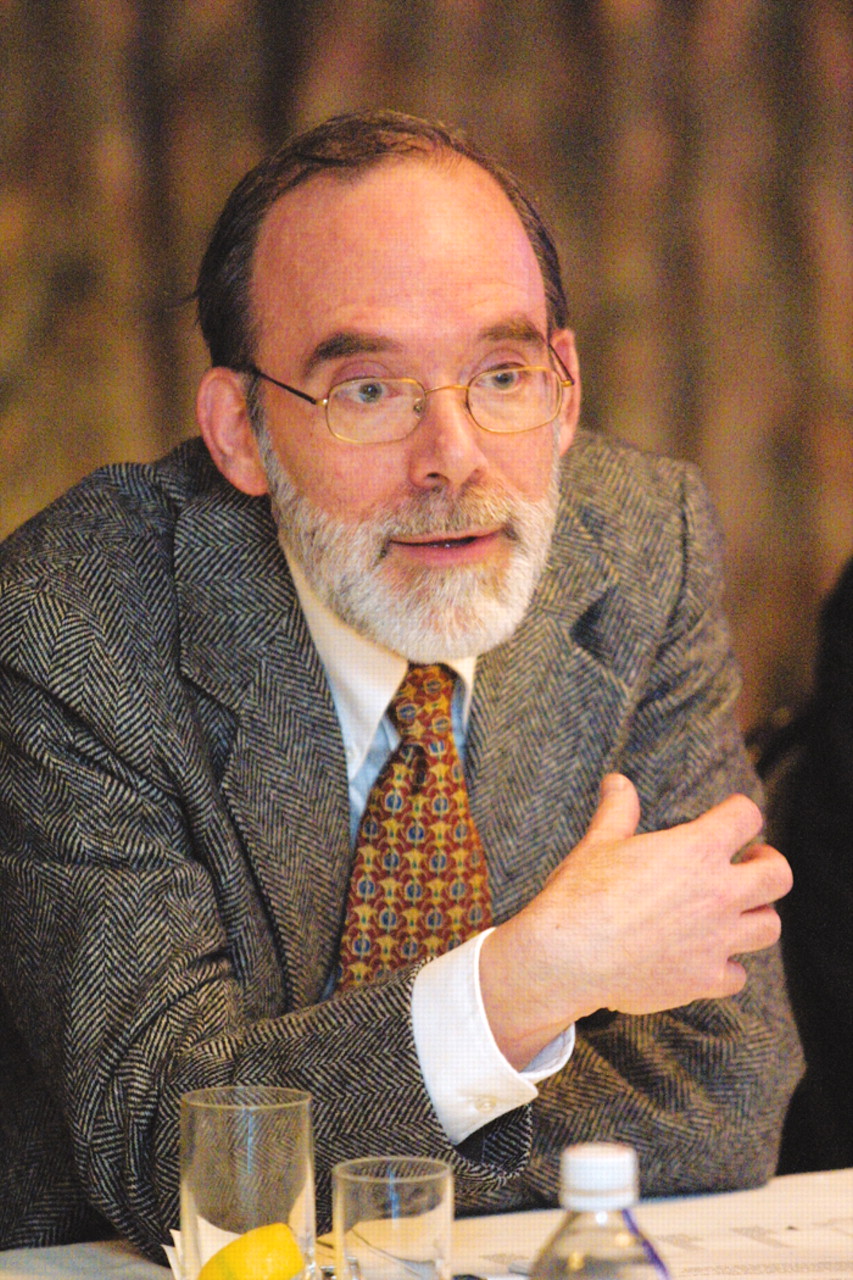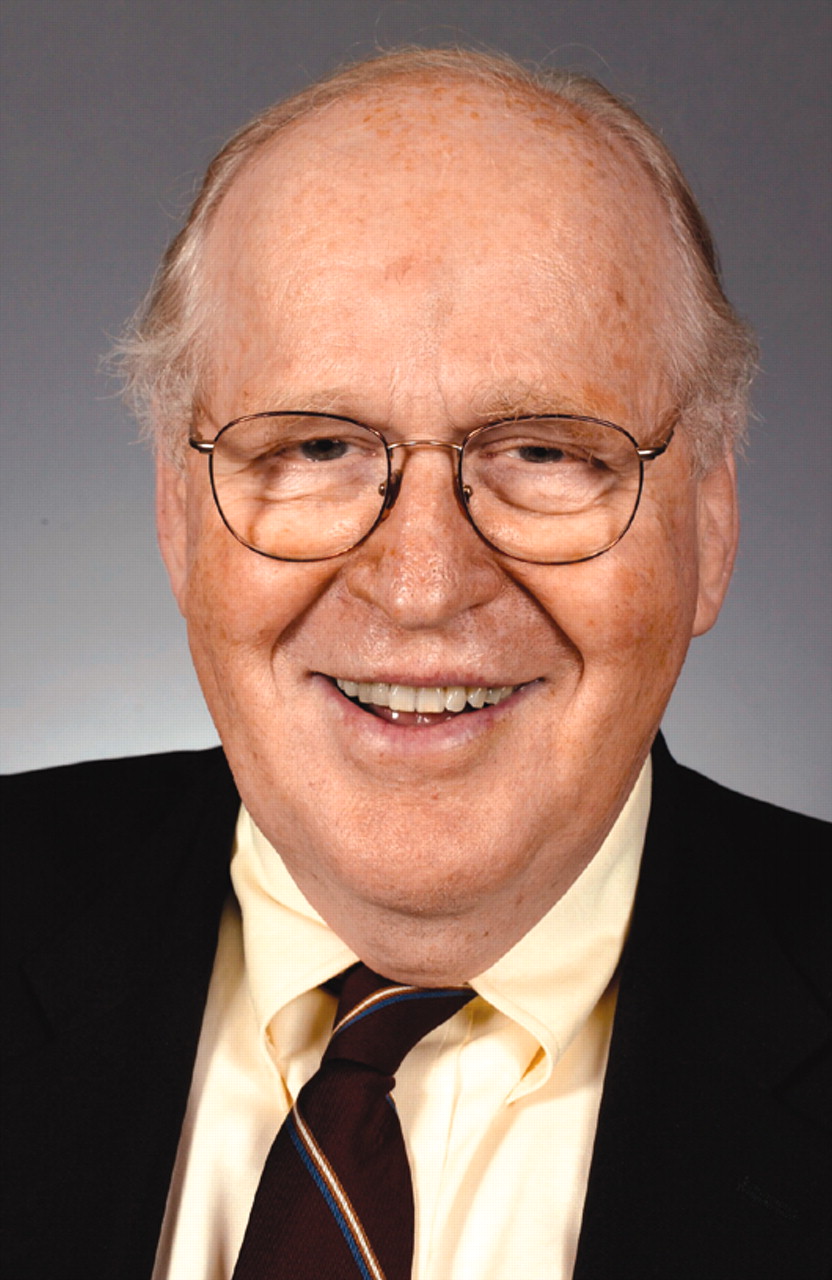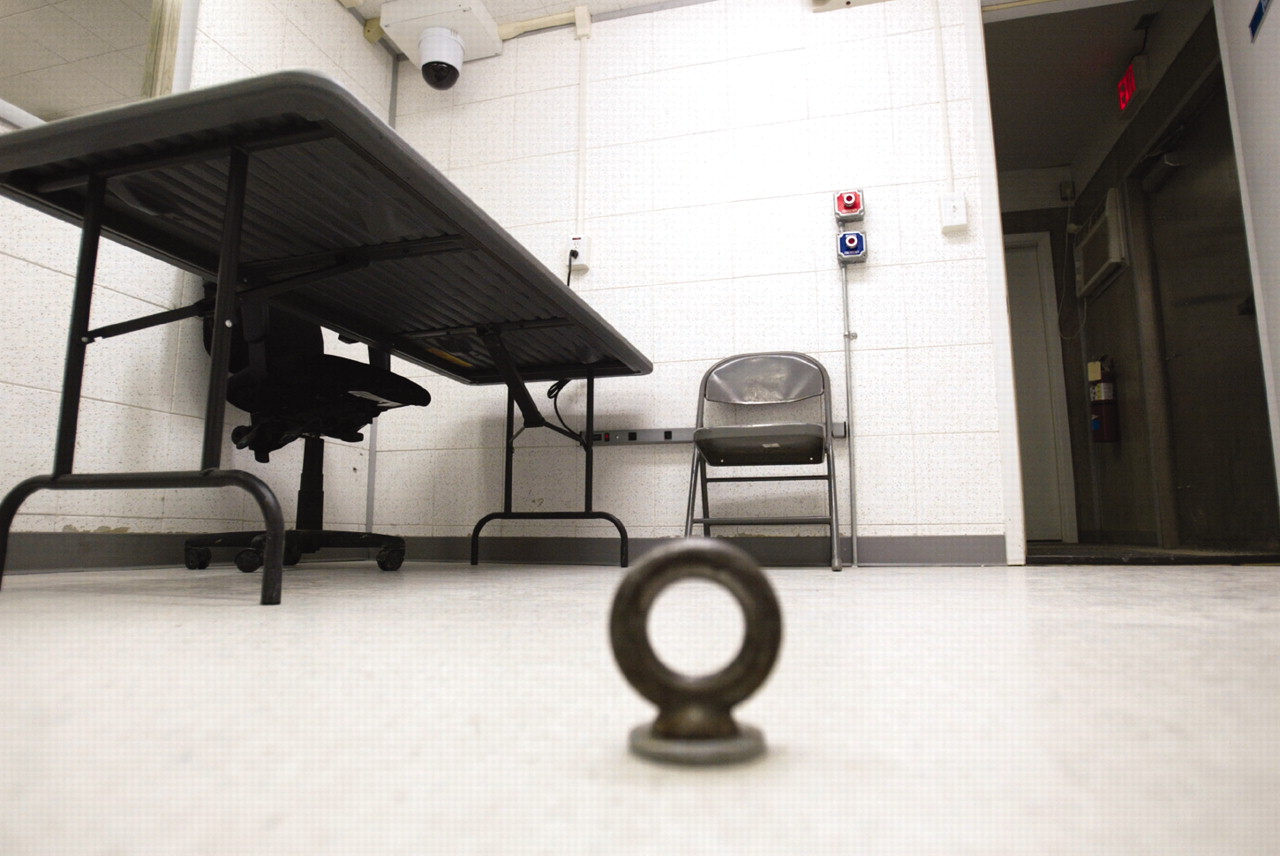Can a psychiatrist ethically participate in the interrogation of a detainee who may have information vital to the safety and security of the nation? If so, what is an appropriate role for a psychiatrist in such a setting—advisor on overall strategy? behind-the-scenes consultant on individual cases? active participant in questioning?
And when does “psychological pressure” cross the line into torture?
Those are just some of the ethical and professional dilemmas raised by recent allegations that behavioral health professionals, including psychiatrists, have participated in interrogation of detainees at the U.S. naval station at Guantanamo Bay, Cuba. Worldwide attention has been focused on allegations of abuse during interrogation of detainees there, as well as in Iraq and Afghanistan.
The nature and extent of involvement by psychiatrists in interrogations are not clear, but the charges have galvanized an effort to clarify ethical and professional boundaries and establish guidelines for psychiatrists' conduct in such settings.
APA is “troubled by recent reports regarding alleged violations of professional medical ethics by psychiatrists at Guantanamo Bay,” the Association said in a statement issued at the end of June. “APA is not neutral on physician practices and clearly recommends that psychiatric physicians practice in accordance with the APA ethics guidelines, which are also in accordance with the medical code of ethics set forth in the American Medical Association's Principles of Medical Ethics.”
The statement noted that APA's Principles of Medical Ethics With Annotations Especially Applicable to Psychiatry states the following:
•
A physician shall be dedicated to providing competent medical care with compassion and respect for human dignity and rights.
•
A physician shall respect the law and also recognize a responsibility to seek change in those requirements that are contrary to the best interests of patients.
•
Ethical considerations in medical practice preclude the psychiatric evaluation of any person charged with criminal acts prior to access to, or availability of, legal counsel. The only exception is the rendering of care to the person for the sole purpose of medical treatment.
•
A physician shall respect the rights of patients, colleagues, and other health professionals and shall safeguard patient confidences and privacy within the constraints of the law.
Past APA President Paul Appelbaum, M.D., chair of the Council on Psychiatry and Law, told Psychiatric News that APA leaders began delineating the issues last year, before allegations about psychiatrists at Guantanamo had become public.
“The council and the Committee on Judicial Action met with a number of psychiatrists who have relationships with the military or with national security to talk about their experiences and the kinds of ethical issues they perceive in their work and how they deal with them,” he said. “It was aimed at educating ourselves about these issues and trying to determine whether an APA statement was needed, and what form it should take.”
Appelbaum said that at next month's fall component meetings the council and the committee, as well as representatives from the APA Committee on Ethics and the Committee on Misuse and Abuse of Psychiatry, will begin the process of developing guidelines for psychiatric involvement in national security interrogations.
What Is Legitimate Role?
“The issues we will need to address include whether it is legitimate for a psychiatrist to be involved in an investigative process and, if so, in what ways,” Appelbaum said. “As part of the interrogation itself? Providing advice in real time behind a one-way mirror? Advising in advance on interrogation techniques, including the vulnerabilities of a particular suspect? Or advising more generally? Those seem to be key questions raised by the Guantanamo experience that we will have to come to grips with.”
He echoed other APA leaders in saying that the controversy had launched the profession into uncharted territory.
“The current APA ethical principles and annotations certainly have elements that can be drawn on to answer those questions,” Appelbaum said. “But never having been faced so starkly with these issues, I think the Association has not had an opportunity to formulate relevant guidelines.”
Spencer Eth, M.D., chair of APA's Ethics Committee, agreed. “This is a relatively new issue,” he said. “Making a statement is itself an important step, rather than simply saying our existing guidelines cover it. Military practice is very different from civilian practice, just as is correctional psychiatry. We need to be mindful of the variety of types of practice our members are engaged in and not jump to conclusions.”
APA leaders declined to comment on specific allegations of psychiatrist involvement at Guantanamo given the difficulty of determining the veracity of accounts and the extent and nature of psychiatric involvement.
Involvement of MH Experts Acknowledged
A Department of Defense report on the subject of detainee abuse, led by Vice Admiral Albert Church III, director of Navy staff, was ordered by Defense Secretary Donald Rumsfeld last year and released in March.
Predictably, that report downplayed reports of widespread abuse, but the investigation did find inconsistencies regarding the development, promulgation, and dissemination of interrogation techniques. These techniques“ migrated” from Guantanamo Bay to Afghanistan, and then to Iraq, the report stated.
The Church report stated that “behavioral science personnel” assisted in interrogations.
“[I]t is a growing trend in the Global War on Terror for behavioral science personnel to work with and support interrogators,” the report stated. “These personnel observe interrogations, assess detainee behavior and motivations, review interrogation techniques, and offer advice to interrogators. This advice can be effective in helping interrogators collect intelligence from detainees; however, it must be done within proper limits.
“We found that behavioral science personnel were not involved in detainee medical care (thus avoiding any inherent conflict between caring for detainees and crafting interrogation strategies) nor were they permitted access to detainee medical records,” the Church report concluded.“ However, since neither the Geneva Convention[s] nor U.S. military medical doctrine specifically addresses the issue of behavioral science personnel assisting interrogators in developing interrogation strategies, this practice has evolved in an ad hoc manner.”
More recently, a report in the July 7 New England Journal of Medicine stated that a psychiatrist and a psychologist had each headed Behavioral Science Consultation Teams (BSCT, pronounced “biscuit”) to assist interrogators in questioning Guantanamo detainees.
“BSCT consultants prepared psychological profiles for use by interrogators,” according to article. “They also sat in on some interrogations, observed others from behind one-way mirrors, and offered feedback to interrogators.”
Moreover, the journal report stated—in a contradiction to the Church report—that BSCT teams did have access to medical records.
“An internal, May 24, 2005, memo from the Army Medical Command, offering guidance to caregivers responsible for detainees, refers to the `interpretation of relevant excerpts from medical records' for the purpose of `assistance with the interrogation process,' ” said the journal article.“ The memo, provided to us by a military source, acknowledges this nontherapeutic role, urging health professionals who serve in this capacity to avoid involvement in detainee care, absent an emergency. This acknowledgment is consistent with other accounts of information flow from caregivers to behavioral science consultants to interrogators.”
Implications for Medicine Profound
APA leaders say the issue is fraught with implications for medicine generally.
“From a broader perspective, physicians in general retain the trust of the general population because of a perception that they are committed to the well-being of their patients,” Appelbaum said. “We always need to think carefully about other nonpatient care roles and whether they so compromise that perceived allegiance to patients' interests that they ought not to be considered legitimate.”
At the same time, the ethics of psychiatric participation in interrogation of detainees who may have information vital to the security of the nation are not clear-cut.
“I am unprepared to say that in a situation of great consequence, a psychiatrist who might have some ability to help our military should claim some ethical obligation that transcends all other obligations,” said Alan Stone, M.D., a past APA President and current member of the Committee on Judicial Action. “There could come a time when I thought a person knows something, and I could help find out what that is. I would certainly think it strange for me to rest on an ethical principle when there is so much greater harm [at stake].”
Stone, a professor of law and psychiatry at Harvard, has written extensively about issues related to the misuse of psychiatry. He said the issue of psychiatric involvement in nonpatient care roles has surfaced before—as in the case of clinicians who provide the government“ profiles” of foreign leaders—but the professional and ethical boundaries of such conduct have not been clarified.
The current controversy about Guantanamo interrogations adds the dilemma of determining when psychological pressure turns into torture. “These are issues that psychiatry hasn't faced up to or resolved,” Stone said.
The American Psychological Association has issued detailed guidelines on the subject that allow for the involvement of psychologists in interrogations (
see box).
Appelbaum noted that in contrast to psychiatry, psychology has a history of participation in a range of nontherapeutic functions and that there are distinct differences between the two professions.
“It's fair to say that psychology and psychiatry have a different ontogeny,” he said. “Psychology has historically played many roles other than direct patient care, including consulting to organizations and businesses and the like, to a much greater extent than psychiatry has. So practices that we might as physicians find more problematic may seem acceptable to psychologists who are coming from this alternative tradition.”
N Engl J Med 2005 353 6



